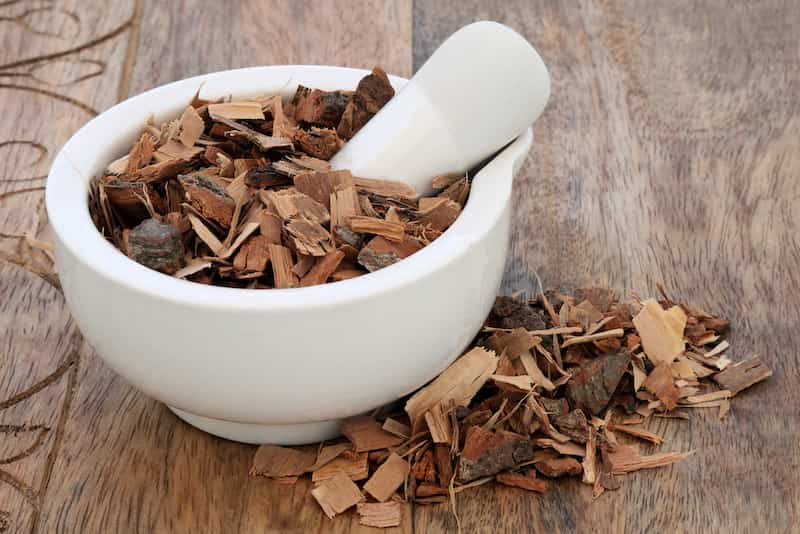
Scientists Uncover How Long Term Stress Causes Hair Thinning
Modern life is full of everyday stressors: what to wear, avoid being late to meetings, answering demanding emails or working long hours.
We have known the association between long term stress and hair thinning, but the inner workings were not clear.
Scientists might have finally uncovered the actual mechanism for stress related hair loss - at least in mice.
Hair Today, Gone Tomorrow
Your hair cycle goes through three stages. A growth phase called anagen, a degeneration phase called catagen and a resting phase called telogen.
During anagen, a hair follicle continuously grows a longer hair.
During catagen, hair growth stops and the lower portion of the hair follicle detaches from it's support structure, but the hair still remains in place.
During telogen, the hair is dormant for some time and eventually falls out.
Two key players in the hair cycle are your hair follicle stem cells, which are located in a region called the bulge, and the dermal papillae, which live in a nearby supportive niche.
During the telogen phase, your hair follicle stem cells shut down. After this phase, the hair follicle stem cells are signaled to awaken.
These stem cells produce progenitor cells, which divide and produce the new hair shaft.
Scientists have not understood the role of stress in the hair cycle.
A group of scientists led by Dr. Ya Chieh-Hsu from Harvard University conducted an experiment on mice to test the effects of stress. They first removed the adrenal glands from a set of mice, so these mice could no longer produce the stress hormone.
The noticed that the mice missing the stress hormone exited the telogen phase three times faster and had hair follicles that engaged in hair growth three times as often as the mice with the adrenal glands.
Next, the investigators fed stress hormones into the mice without the adrenal glands and noticed that their hair growth cycles were suppressed.
When they mildly stressed normal mice for weeks, then noticed a rise in the stress hormone levels and reduced hair growth.
Why Do Stem Cells Not Wake Up
To determine if they could find the root cause of hair growth suppression, scientists blocked the stress hormone receptors that attach to the hair follicle stem cells. This produced no effect.
Upon further investigation, they realized that blocking the stress hormone receptors in the dermal papillae led to hair growth.
This led scientists to the realization that the stress hormone interferes with the dermal papillae, which blocks a signal to the stem cells a signal to wake up.
Next, scientists a different experiment. They determined the protein (growth arrest-specific 6 or GAS6) that was being blocked from expressing due to the effect of the stress hormone in the dermal papillae.
They injected GAS6 protein directly into the skin of mice and found that this led to hair growth in normal mice and also stressed out mice.
Is It Permanent?
Thankfully, most hair loss due to stress is temporary. When the stress goes away, the hair will typically grow back.
However, if there is an underlying hormonal hair loss, then this double whammy can lead to permanent hair loss.
So it's best to address the stress element while dealing with hair loss.
New Solution For Hair Thinning?
Does this discovery mean that the solution to hair thinning is near? Unfortunately, these studies have to be first conducted in humans. Mice and humans have different (but similar) hormones for stress.
As you know, hair thinning is caused by various reasons. This potential solution does not explain all the reasons for hair thinning.
It's safe to say that this promising research is still years away. In the meantime, we recommend living a stress-free lifestyle, or incorporating meditation and gratitude into your life to lower stress.
You can also use an all-natural adaptogen to balance stress. Ashwagandha has used as a powerful plant compound to balance the stress hormones for thousands of years.
We have specially included ashwagandha in our Enhance Hair Supplement for this reason. Give it a try!




